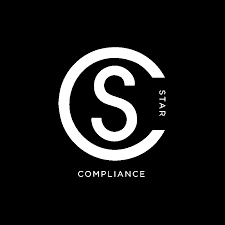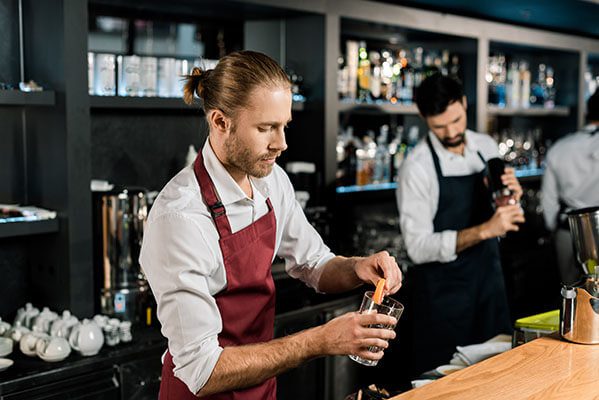In NSW hospitality venues, incident reporting is vital for keeping staff, patrons, and the business safe, while meeting legal obligations under the Work Health and Safety Act 2011. Promptly reporting accidents, near misses, and safety concerns helps identify hazards such as spills, equipment faults, or aggressive behaviour, allowing swift action to prevent future incidents. This not only protects people but also safeguards the venue’s reputation and ensures a strong culture of safety.
Meeting Legal Obligations in Hospitality
In NSW hospitality venues, incident reporting is not just good practice — it’s a legal requirement. Under the Work Health and Safety Act 2011 and liquor and gaming regulations, licensees and staff must record and report incidents such as injuries, property damage, anti-social behaviour, and breaches of licence conditions. This includes incidents involving intoxication, refusal of service, underage patrons, or violence. Prompt, accurate reporting helps venues demonstrate compliance during inspections and can protect against penalties or licence breaches.
Protecting Staff, Patrons, and the Business
Reporting incidents quickly ensures hazards and risks are addressed before they escalate. In venues serving alcohol or operating gaming machines, risks such as aggressive behaviour, fraudulent activity, or unsafe environments can have serious safety and legal consequences. Incident reports provide a clear record for management and authorities, supporting investigations and corrective actions. By acting on these reports, venues can safeguard staff wellbeing, maintain patron safety, and protect the business’s reputation.
Building a Culture of Safety and Compliance
Consistent incident reporting helps create a workplace culture where staff understand their role in keeping the venue safe and compliant. Each report offers valuable insights into recurring risks, guiding improvements in training, security procedures, and venue policies. Encouraging staff to report without fear of blame fosters open communication and a shared responsibility for safety. In the long run, this commitment not only meets liquor and gaming compliance requirements but also enhances customer trust and ensures the venue remains a safe and welcoming environment for all.
Is there a solution?
1. Digital Transformation: Seamless, Accurate Reporting on the Spot
Star Comply completely replaces bulky paper-based registers, enabling staff to capture and submit incident reports—including spills, intoxication, aggression, or gaming‑related events—directly via mobile or desktop as they happen. The tool allows adding photos, CCTV evidence, and automatic timestamps, eliminating redundant data entry and ensuring accuracy where it matters most.
2. Meeting NSW Liquor & Gaming Compliance with Ease
NSW venues are legally required to maintain records of liquor and gambling incidents—especially those involving violence, anti‑social behaviour, refusals of entry, injuries, medical assistance, or suspected prohibited substances—as outlined under Section 56 of the Liquor Act 2007 and relevant regulations. These must comply with the digital incident register format approved since 1 January 2025, with mandatory retention for at least three years. With Star Comply, venues can effortlessly align their records with these regulatory requirements using a digital platform that centralizes liquor and gambling incident registers together or separately, as preferred.
3. Efficiency, Accountability & Insights: The Operational Advantage
Star Comply offers robust features like configurable incident forms, status tracking (green/orange/red indicators to flag timeliness and completeness), filters to find incidents quickly, and dashboards for real-time visibility. These capabilities streamline compliance workflows—automated alerts, reminders, and report scheduling empower managers to stay on top of issues, driving accountability and reducing the risk of missed entries or late submissions. Furthermore, powerful analytics transform raw data into actionable insights, helping venues identify trends and make informed decisions to boost safety, protect patrons, and preserve their reputation.





